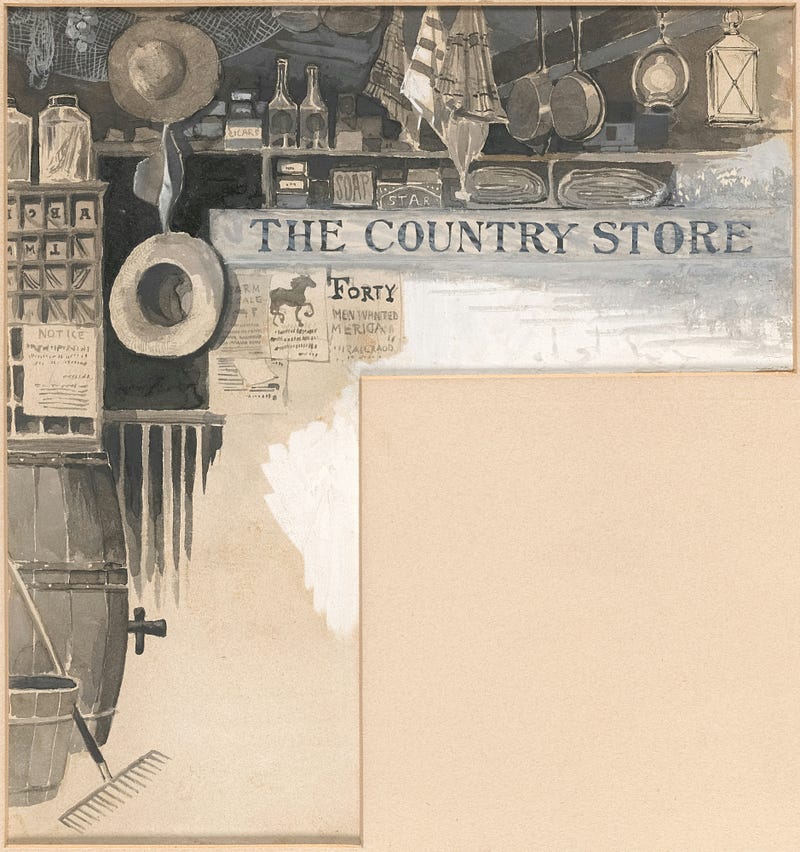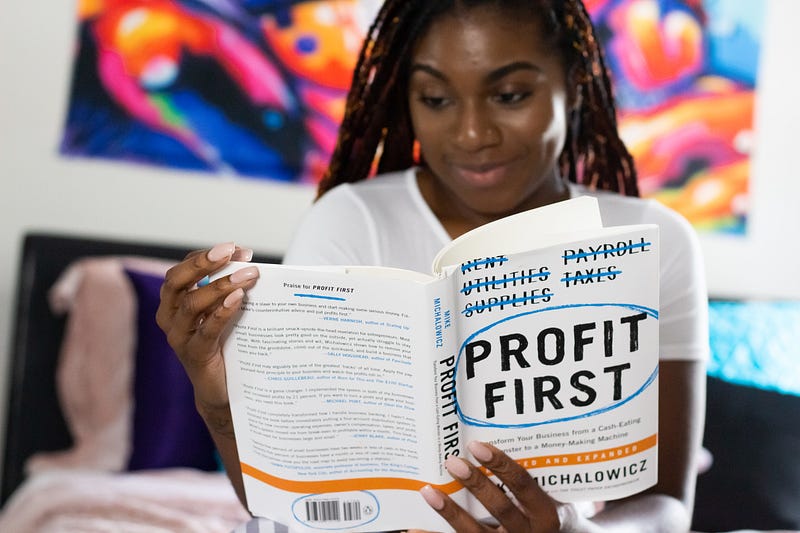A Discussion of Bourgeois Equality Chapter 52 “And Its Rhetoric Can Change Quickly”
As Dr. McCloskey continues on in Part VIII with the argument that the belief in certain ideas created the modern world of wealth, she is now focusing on how quickly ideas can change.
Why did the Great Enrichment begin in the 18th century in England? Why not before? Why not somewhere else?
The answers to these questions are the central thesis of her book because we need to understand why it happened if we want it to continue.
She has previously argued it is not due to institutional change as many believe. Good institutions alone do not yield the Great Enrichment.
Nor, she has argued, can we explain such a change by appealing to psychological or biological changes because those changes cannot happen overnight.
Since rhetoric reflects the ideas prevalent in a culture, she spent last chapter arguing that rhetoric, or what she called sweet talk, plays a larger role in our economy than we realize.
In fact, McCloskey says social psychologists have a term for saying culture or personality is the root cause of a behavior when in fact it is the present circumstances and rhetoric: fundamental attribution error.
Seemingly profound and permanent differences in cultural dispositions to which we attribute influence on behavior can disappear in a generation or two. (p. 499)
In other words, people across time and place are not really that different fundamentally, but the ideas and rhetoric they grow up with shape their behavior. Ideas and rhetoric can explain rapid change in a way that biology cannot since biological change happens so slowly.
McCloskey offers an example of clashing “rhetorical valuation” in America through its history. The American identity is based on prudence and hope and courage that is summed up with the ideal, “you can be anything you want to be.” (p. 500)
People who move to America from different cultures that value other virtues find those virtues fading away in the succeeding generations.
It wiped out in a couple of generations a northern European ethic of temperance and egalitarian justice (consult Garrison Keillor) or an East Asian ethic of prudence and family faithfulness (consult Amy Tan). (p. 500)
McCloskey next uses India as an example of how changes in rhetoric and ideas result in tangible differences in the economy.
After India got its independence from Britain, it turned towards socialism until 1991. As such they suffered from extremely low growth of roughly 3% a year, but given their population growth, that felt like 1% a year per person. (p. 500)
McCloskey says many thought the problem was India’s Hindu culture. They thought that it was too focused on otherworldly matters and was hostile to betterment.
However, McCloskey points out that Hinduism is concerned with the material as well.
Among the successive goals for a flourishing life in Hinduism is ‘a second goal…artha, material well-being,’ which makes sense, for how can one be happy in conditions of extreme deprivation? (p. 500)
It wasn’t culture or religion holding the Indian economy back, it was ideas. Socialism is hostile to betterment. Once they embraced trade-tested betterment, GDP began to grow at 5% or better most years since 1991.
Thus, the reason England, and later other parts of Europe and the US grew so fast was a change in ideas that embraced trade tested betterment.
After listing numerous influencers such as Voltaire, Adam Smith, and Mary Wollstonecraft, she gives us a warning she will develop further in a future chapter.
And then almost everyone commenced talking so, with the exception of an initially tiny group of antibourgeois clerisy gathering strength after 1848, such as Carlyle, List, Carey, Flaubert, Ruskin, Marx, and Thoreau. The bourgeois talk was challenged mainly by appeal to traditional values, aristocratic or religious, which morphed into utopian visions of nationalism, socialism, fascism, and radical environmentalism. (p. 501)
If ideas and rhetoric shaped our modern world, then we are always vulnerable to adopting bad ideas and losing what we have.
While biology and psychology cannot change rapidly, prevailing ideas can.
The danger is, considering the force of ideas, that they can be killed off by utopian or reactionary rhetoric of the left or right — and quickly, especially when backed by guns…The liberal ideas about the economy were killed off in 1914 and 1917 and 1933, locally. They can be again, globally. Let’s not. (p. 503)
Reference: McCloskey, Deirdre Nansen, 2016. “And Its Rhetoric Can Change Quickly,” Chapter 52 of Bourgeois Equality, The University of Chicago Press.




